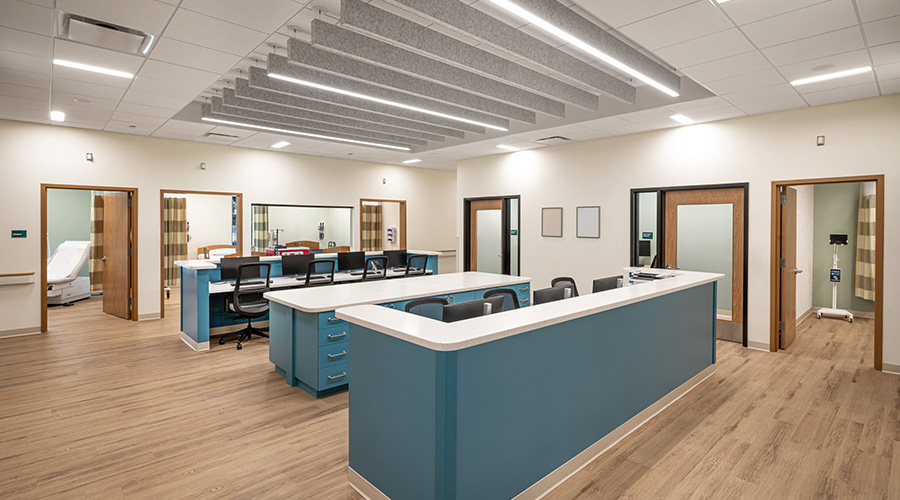Police responded to bomb threat reports at Emory University Hospital and Emory University Hospital Midtown in Atlanta on September 5, but no credible threats were found, 11 Alive reports. Both locations were cleared after entrances were temporarily blocked. Around the same time, police also investigated a swatting call about an active assailant at Northside Hospital which was also found to be false. The incidents follow a wave of recent hoax emergency calls in Georgia.
Hospitals and other healthcare facilities are high-stakes environments that require minimal disruptions. Something like a false threat can cause serious disruptions to operations. It is critical for healthcare facilities to closely coordinate with local law enforcement in these events. Quick, coordinated action can reduce disruptions and ensure safety.
Related Content: Two Emergency Preparedness Tactics for Healthcare Facilities
The U.S. Cybersecurity & Infrastructure Security Agency (CISA) recommends that healthcare facilities have a Bomb Threat Management (BTM) Plan. The four primary goals of a BTM Plan are:
- Mitigating vulnerabilities to bombing incidents.
- Making informed decisions during bomb threat assessments.
- Deterring potential perpetrators of bombing incidents.
- Minimizing the consequences of a potential attack or threat on personnel or property.
CISA also notes that a proactive BTM Plan, in conjunction with training and exercising that plan, will allow stakeholders to address bomb threats more effectively. These plans can be used when coordinating with local law enforcement to respond to and manage threats.
However, beyond just having a plan on paper, healthcare facilities and law enforcement must work side by side during emergencies. Constant communication between leadership and officers helps ensure that patients, staff and other occupants receive consistent information.
Preparing before a crisis is equally important. Healthcare facilities that partake in joint drills with law enforcement can minimize chaos during an incident. The International Association for Healthcare Security & Safety recommends healthcare facilities put in place clear communication channels and build a rapport with police before emergencies arise.
Ultimately, even unfounded threats require real responses. For healthcare facilities, the stakes are especially high: delays in care, anxious patients and strained staff can all ripple from a single false alarm. Healthcare facility managers can invest in proactive planning, strengthen relationships with law enforcement and practice coordinated responses to safeguard both operations and people when false threats happen.
Jeff Wardon, Jr., is the assistant editor of the facilities market.

 Hand, Foot and Mouth Disease on the Rise
Hand, Foot and Mouth Disease on the Rise BayCare Reveals Pagidipati Children's Hospital at St. Joseph's
BayCare Reveals Pagidipati Children's Hospital at St. Joseph's Preparing for the Hazards of Winter Weather
Preparing for the Hazards of Winter Weather Why Identity Governance Is Becoming a Facilities Management Issue
Why Identity Governance Is Becoming a Facilities Management Issue Habitat Health Opens South Los Angeles PACE Center
Habitat Health Opens South Los Angeles PACE Center